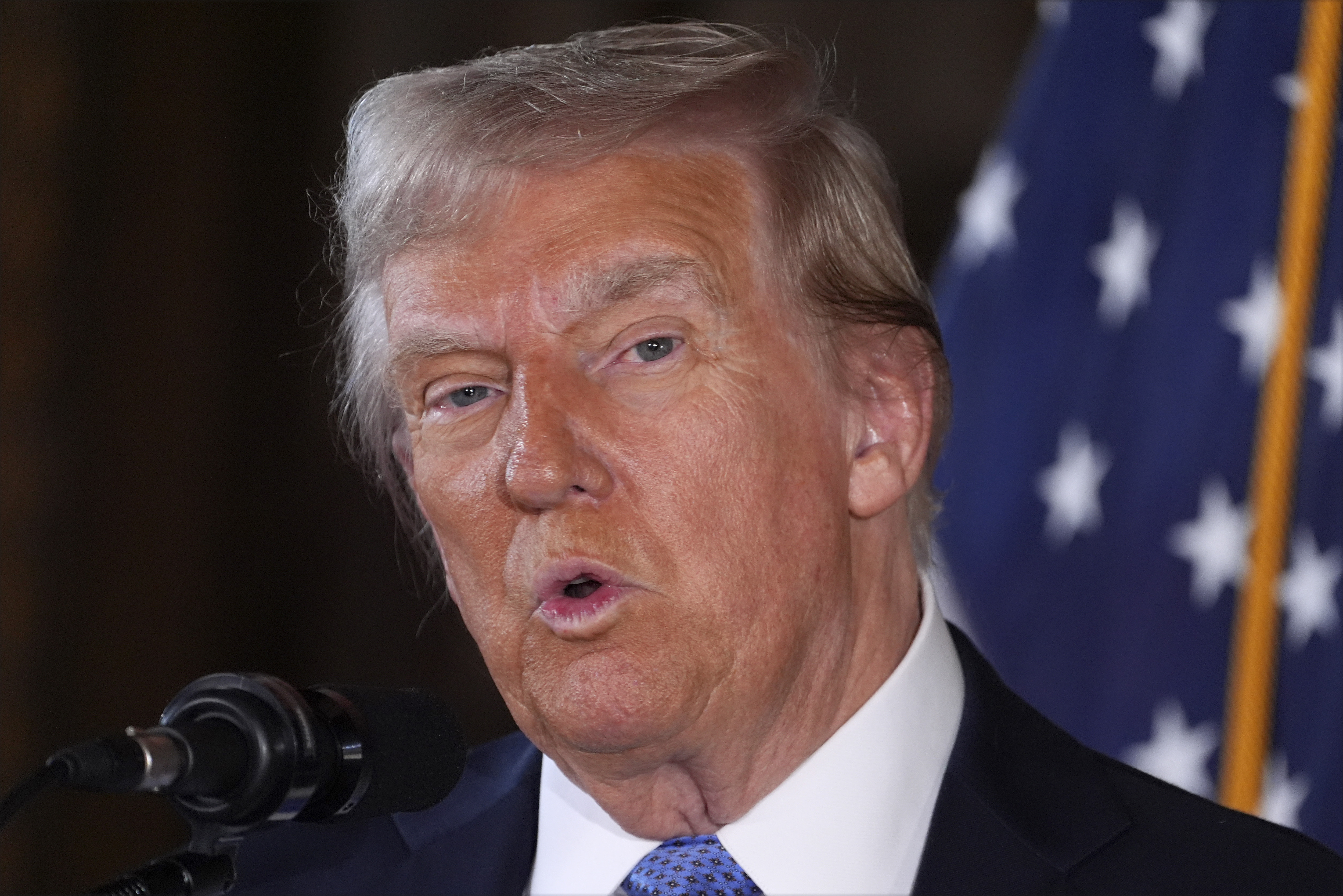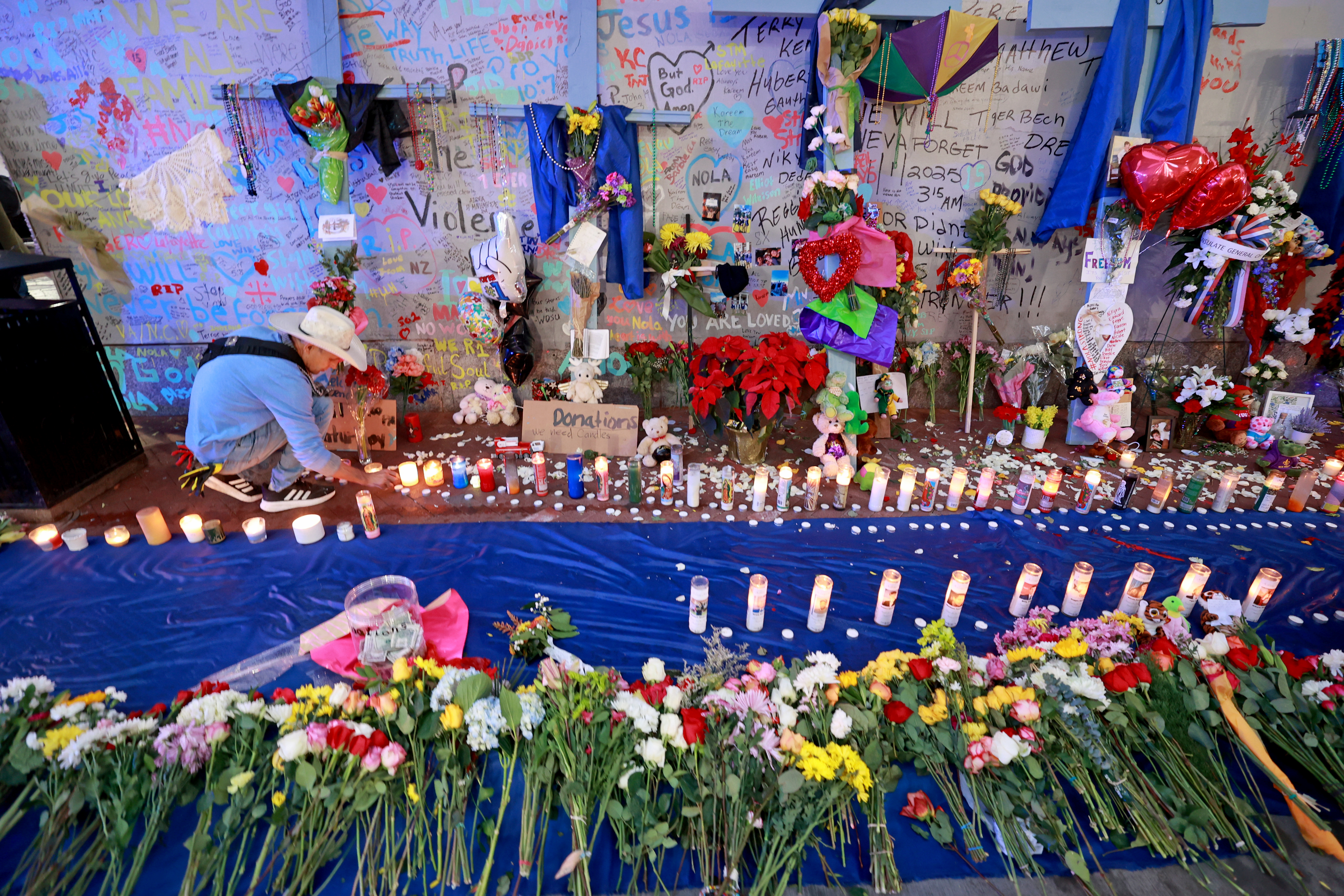“Better Than Us,” Netflix’s first original streaming series from Russia, transports audiences to a city only 10 years in the future, where robots serve the population in a variety of positions, some have even replaced humans for certain jobs. They look like the humans they serve, though there is a detached air to their presence and slightly stilted way of moving that make them visibly different. Netflix describes the series as “cyberpunk.”
Popular culture entertainment is often a way for us to imagine a scenario or event that may never occur in our individual lifetimes. Imagining a future, say, where artificial intelligence (AI) has been integrated into society not simply as a complex web of computational frameworks as we acknowledge and accept it currently, but in the form of robotics that look, and act similar to humans.
The futuristic series was created by Andrey Junkovsky for the Russian state network C1R and premiered in that country in 2018, with Netflix buying the international distribution rights and offering both season one and two (16 episodes) available to stream now. It’s a cautionary sci-fi tale layered with engaging family drama and a corporate conspiracy of far-reaching proportions.
“Better Than Us” has the look and feel of a brighter, more quotidian version of Ridley Scott’s “Blade Runner” (1982), a sci-fi classic that explores robotics and the impact they may have on society. While robots – or androids or replicants or droids or “bots,” as they are referred to in “Better Than Us” – have become commonplace, they are trusted only to a point, mere machines we have welcomed into our lives in order to achieve an easier existence.
Mass produced by the company Cronos, bots are readily available and constantly being upgraded to provide better service to humans. In their race for higher profits and more lifelike bots, Cronos fails to notice that their products are beginning to evolve in ways not intended.
The show’s narrative centers on Arisa (Paulina Andreeva), a new bot version obtained by Cronos under shady circumstances. Arisa is almost completely life like and has apparent empathy. She also has the ability to break the first law of robotics and kill a human being.
It’s the latter ability which adds suspense to “Better Than Us,” especially when Arisa escapes the physical confines of Cronos and finds refuge with a dysfunctional family composed of a single dad Georgy Safronov (Kirill Karo), his teenage son Egor (Eldar Kalimulin) and delightfully engaging young daughter Sonya (Vitaliya Kornienko), who steals almost every scene she appears in, especially those involving Arisa. As Cronos hunts for the murderous bot, Arisa establishes herself into family life. Set only a decade in the future, it’s a world familiar yet advanced, an amalgam of gritty locations reflected in the sheen of digital screens and holographic displays.
U.S. & World
The day's top national and international news.
AI is certainly nothing new on the big screen. From Fritz Lang’s “Metropolis” (1927) – one of the first depictions of an android on film – through “The Day the Earth Stood Still” (1951), Hal in Stanley Kubrick’s “2001: A Space Odyssey” (1968), “Star Wars” (1977), “Alien” (1979), “Blade Runner” (1982), “War Games” (1983), “Terminator” (1984), “Ghost in the Shell” (1995), “The Matrix (1999), “A.I. Artificial Intelligence” (2001), “I Robot” (2004), “WALL-E” (2008), “Iron Man” (2008), “Ex-Machina” (2014) and “Upgrade” (2018).
Television forays into the subject matter appeared on shows such as “Lost in Space,” “Westworld,” “Knight Rider,” “The Jetsons,” “Star Trek,” “Doctor Who,” “Get Smart,” “Transformers” and “Futurama.”
“Better Than Us” arrives in the wake of “Life Like,” a film exploring similar themes about the junction of real and artificial life, as well as the latest novel by Ian McEwan, “Machines Like Me.” Both explore the good and dangerous possibilities of living in a future society that has added lifelike robots to the mix, or in the case of McEwan’s unsettling narrative, a retro-futuristic London of the 1980s.
What once seemed far-fetched and a thing of sci-fi-obsessed imaginations is now far closer to reality than ever before. An AI-related exhibition is held annually in January each year in Osaka, Japan. The Kansai AI and Business Automation Expo showcases such AI-assisted services as robotic automation and industrial robots with learning capabilities. Sound familiar
As AI becomes commonplace, its representation in the popular culture takes on an even greater significance. Is it a boon to society or a dangerous technology that has the potential to evolve into something akin to “Terminator’s” Skynet? The future will provide answers, but in the meantime series such as “Better Than Us” allow us to examine the juncture of technology and humanity from the safety of our couches.



